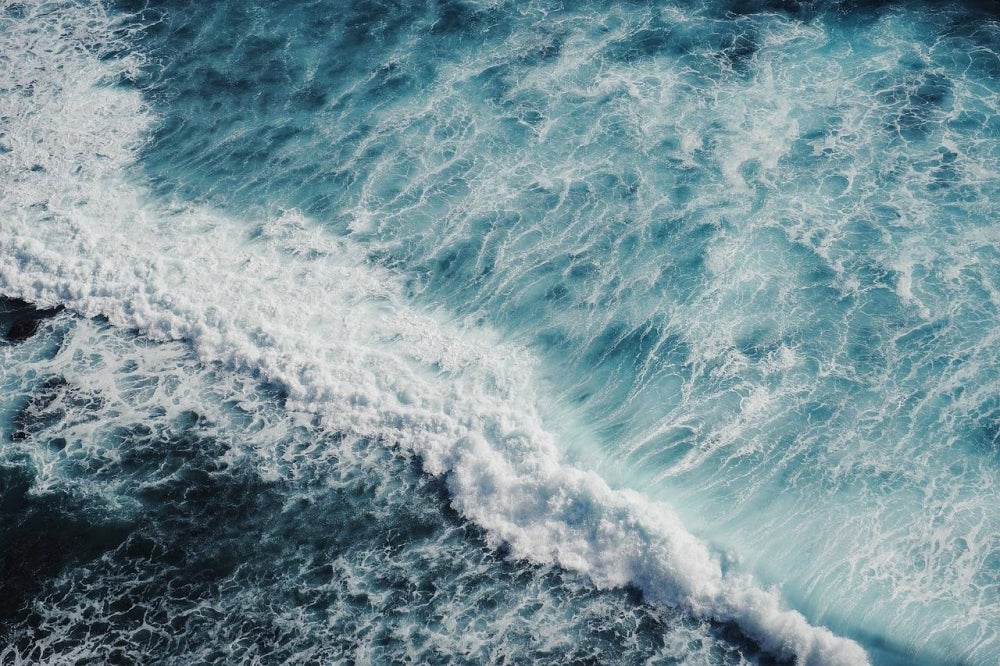Release of Fukushima radioactive water into the sea can effect the marine ecosystem - experts
25 Jun 2023 11:54am

Picture for illustrative purposes - FILE PIX
The Ocean Hope project coordinator, Dr Maizah Abdullah said that the action needs to be fine tuned by all parties because the impact of the action will only be seen by the next generation.
Maizah, who is also a lecturer at the Faculty of Marine Science and Environment, Universiti Malaysia Terengganu (INOS UMT), said that even though the release of the waste water occurred in Japan, she did not rule out the possibility that the nuclear waste could drift into our national waters.
"There is no limit to the movement of ocean currents. It is coupled with marine life that constantly migrates, so any animal that reaches an area that is affected or at risk by this radioactive waste will definitely reach our waters, potentially contaminating the food chain of marine life and affecting human health," she told Bernama recently.
She added that all parties should play an important role in ensuring the sustainability of the ocean.
"The discussion space should be opened in a more comprehensive and inclusive manner that does not only involve scientists or academics, the public should also be involved to see the risks and effects of these activities, especially for regional countries.
"The ocean should not be seen as just a backyard where our waste flows," she said.
In the meantime, she said that although this nuclear technology is not 100 per cent harmful, for example the application of stable isotopes if used correctly can benefit society and marine life.
"But in the issue involving the treated water from the Fukushima nuclear plant, if it is really safe, the Japanese government can redeem this treated water for domestic, industrial use and so on.
"This step is necessary to change the perception of the world community by proving that there is no direct impact on human health and the food chain in the sea," she said.
Earlier this month, despite various pressures, Japan went ahead with its plan to discharge treated radioactive waste water into the sea through a drainage tunnel at the Fukushima Daiichi Nuclear Power Plant, the nuclear power station that was affected by the Tohoku earthquake and tsunami that followed on March 11, 2011.
Japan unveiled the water release plan in April 2021, sparking widespread criticism from China, South Korea, North Korea, Taiwan and international bodies, including the United Nations (UN) - BERNAMA
Download Sinar Daily application.Click Here!














